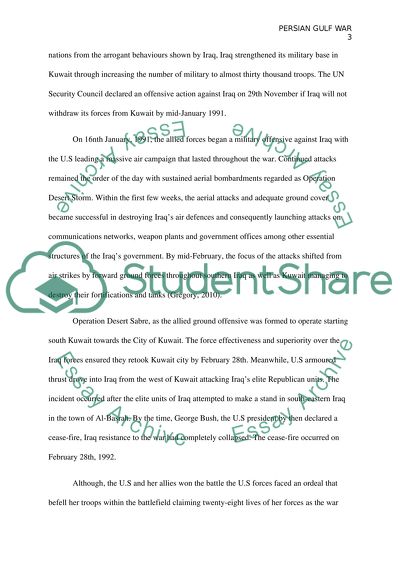Cite this document
(“Oral History Term Paper Example | Topics and Well Written Essays - 2000 words”, n.d.)
Oral History Term Paper Example | Topics and Well Written Essays - 2000 words. Retrieved from https://studentshare.org/english/1670994-oral-history
Oral History Term Paper Example | Topics and Well Written Essays - 2000 words. Retrieved from https://studentshare.org/english/1670994-oral-history
(Oral History Term Paper Example | Topics and Well Written Essays - 2000 Words)
Oral History Term Paper Example | Topics and Well Written Essays - 2000 Words. https://studentshare.org/english/1670994-oral-history.
Oral History Term Paper Example | Topics and Well Written Essays - 2000 Words. https://studentshare.org/english/1670994-oral-history.
“Oral History Term Paper Example | Topics and Well Written Essays - 2000 Words”, n.d. https://studentshare.org/english/1670994-oral-history.


